Duodenal Ulcers in Dubai at DRHC
Duodenal ulcers are open sores that develop on the inner lining of the duodenum, the upper part of the small intestine. At DRHC Dubai, we provide expert diagnosis, treatment, and comprehensive management of duodenal ulcers, ensuring optimal care for our patients.
Symptoms of Duodenal Ulcers
The symptoms of duodenal ulcers can vary but commonly include:
- Burning Stomach Pain: Often the most prominent symptom, this pain usually occurs a few hours after eating and may improve after eating or taking antacids.
- Nausea and Vomiting: Some individuals may experience nausea and occasional vomiting.
- Bloating: A feeling of fullness or bloating is common.
- Weight Loss: Unintended weight loss can be an indicator of a duodenal ulcer.
- Loss of Appetite: A reduced desire to eat due to discomfort.
- Dark or Tarry Stools: This can indicate bleeding within the digestive tract.
- Vomiting Blood: Blood in vomit is a severe symptom requiring immediate medical attention.
Duodenal ulcer causes and risk factors
Duodenal ulcers are a type of peptic ulcer. This means that they happen when the layer of mucus that lines your duodenum is damaged or penetrated by infectious substances or other materials that can damage this lining.
The two most common reasons for damage to this mucus lining include:
- An overgrowth of H. pylori bacteria: You usually have a certain amount of H. pylori bacteria in your stomach and duodenum. But if they’re allowed to grow out of control, they can become infectious and damage the mucus lining of your duodenum. Infectious H. pylori bacteria can also be transmitted by contact with the saliva of someone who has it or by drinking water that’s overgrown with H. pylori.
- Overuse of NSAIDs: Using NSAIDs like aspirin or ibuprofen too often can cause inflammation in your stomach and intestinal lining. Over time, inflammation can damage your mucus linings and cause ulcers.
Diagnosis of Duodenal Ulcers
Diagnosing duodenal ulcers involves a combination of medical history, physical examination, and diagnostic tests, such as:
- Endoscopy: A procedure that allows the doctor to view the inside of the duodenum using a thin, flexible tube with a camera.
- Barium X-ray: This imaging test helps visualize the duodenum.
- H. pylori Tests: Breath, blood, or stool tests to detect the presence of H. pylori bacteria.
Treatment for Duodenal Ulcers
At DRHC Dubai, we offer a range of treatment options tailored to the individual needs of our patients, including:
- Medications:
- Antibiotics: To treat H. pylori infection.
- Proton Pump Inhibitors (PPIs): To reduce stomach acid production.
- H2-Receptor Antagonists: To decrease acid production.
- Antacids: To neutralize stomach acid and provide quick relief.
- Cytoprotective Agents: To protect the lining of the duodenum.
- Lifestyle Modifications:
- Dietary Changes: Avoiding spicy, acidic, or irritating foods.
- Smoking Cessation: Quitting smoking to promote healing.
- Reducing Alcohol Consumption: Limiting or avoiding alcohol intake.
- Stress Management: Incorporating stress-reducing techniques like yoga, meditation, or counseling.
- Endoscopic Procedures: In cases of severe bleeding or non-healing ulcers, endoscopic procedures may be necessary to control bleeding or remove the ulcer.
- Surgery: Rarely required, surgery may be necessary for complications such as perforation or obstruction.



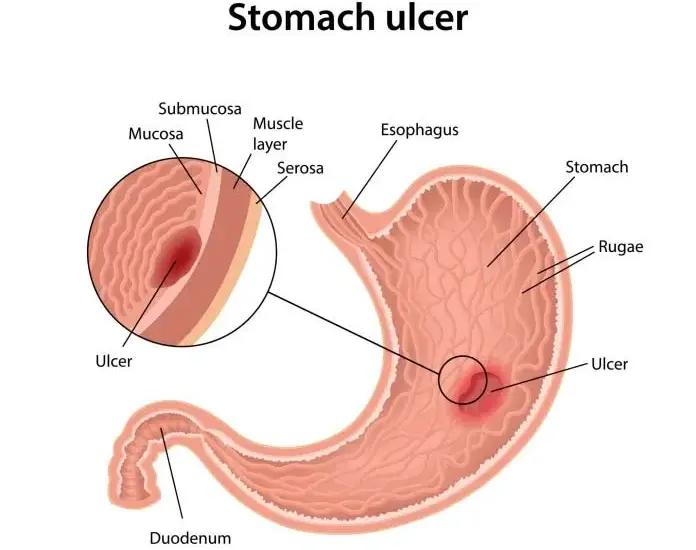
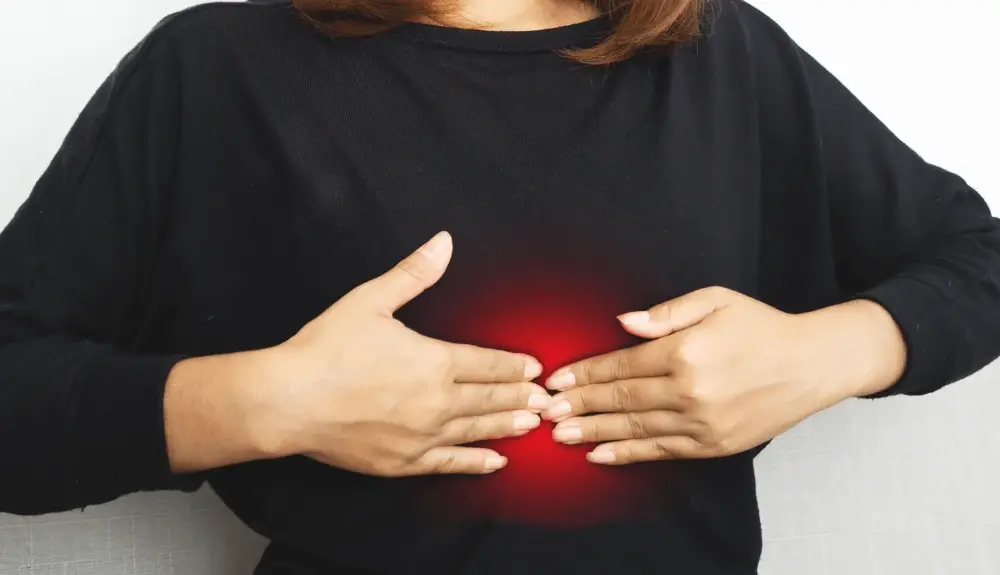
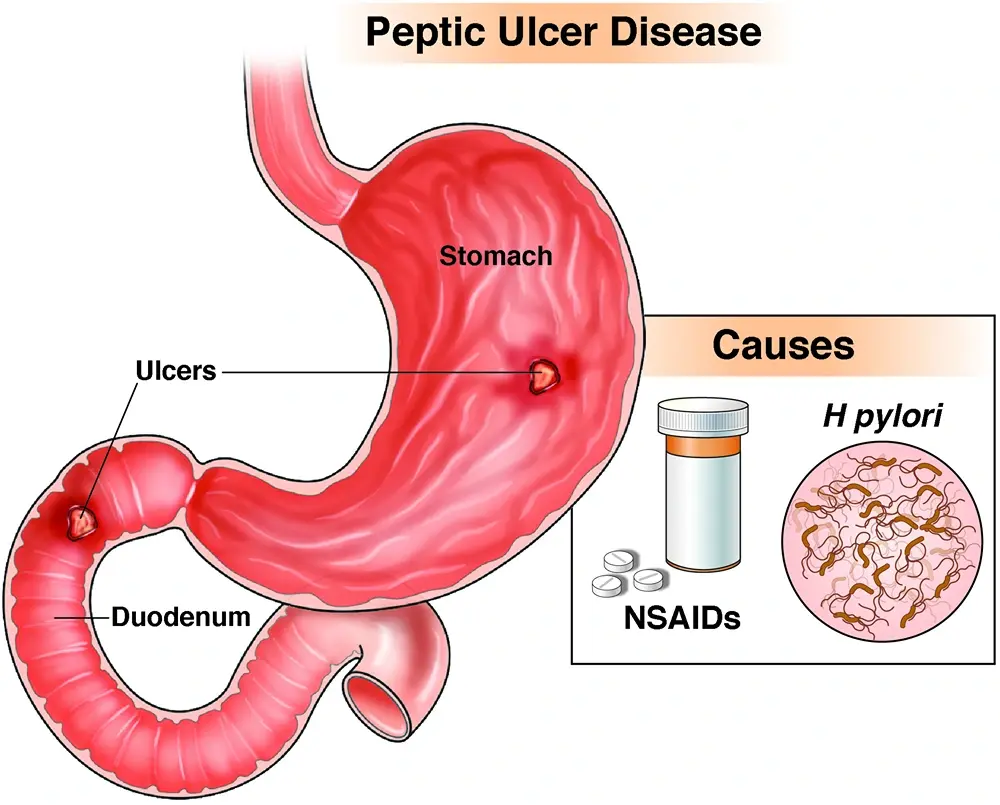
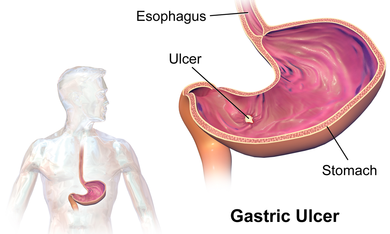
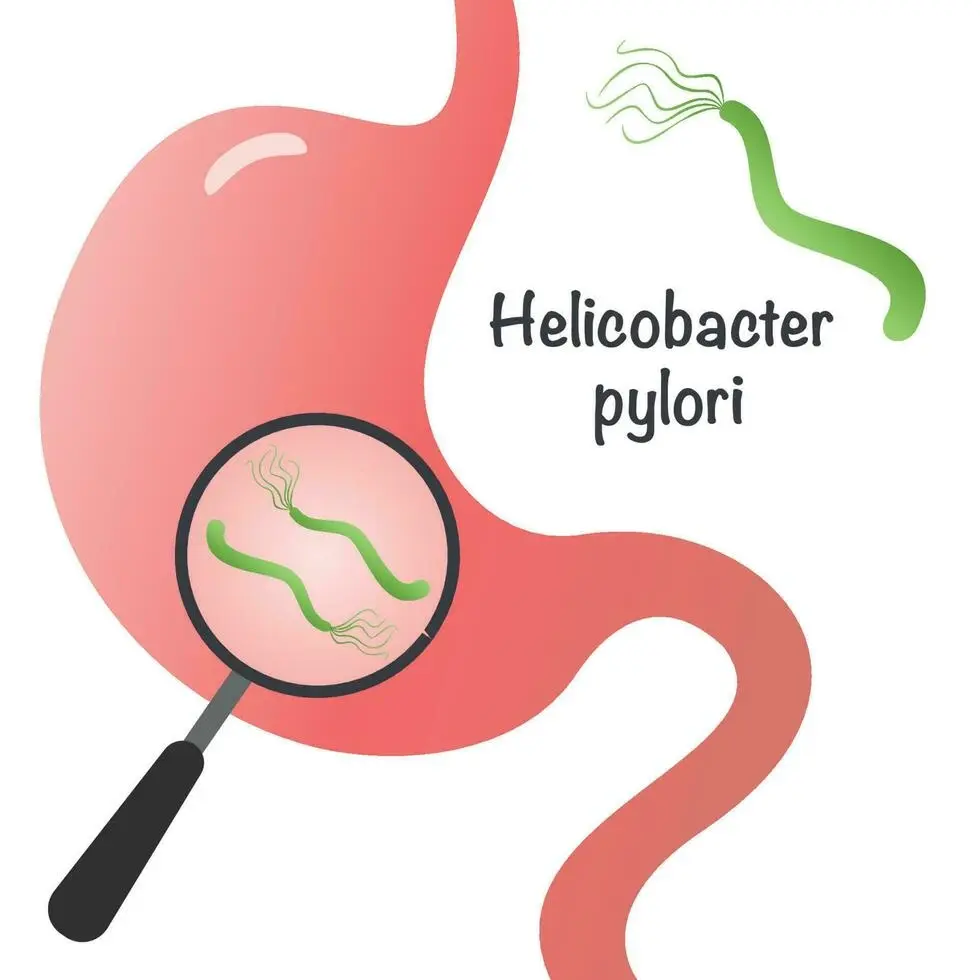
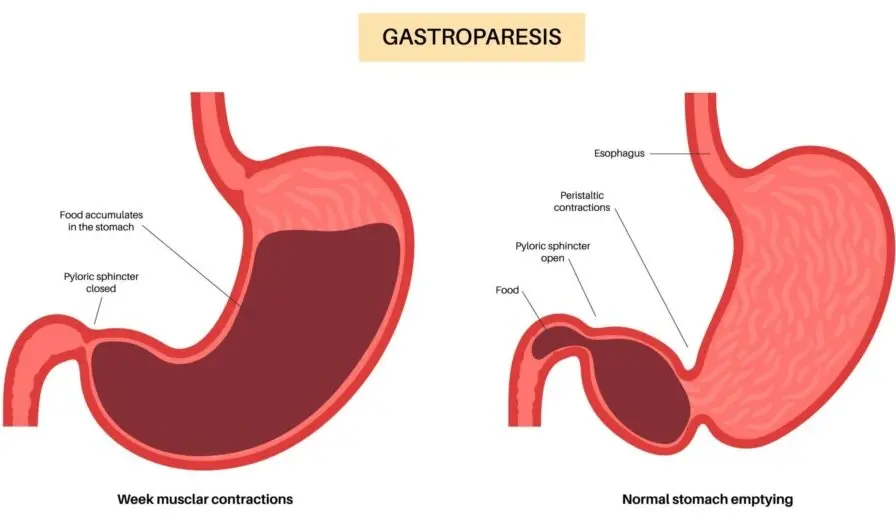
.png?width=281&height=59&name=bookanappointment%20(1).png)




